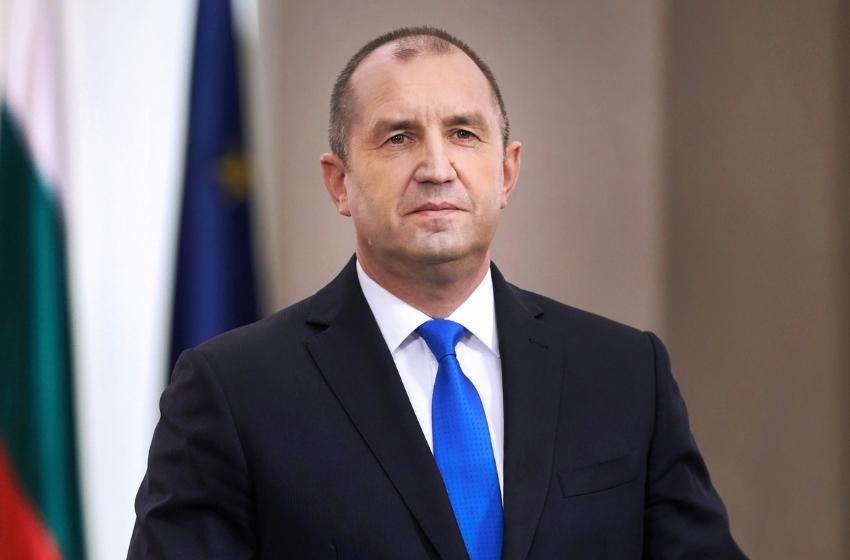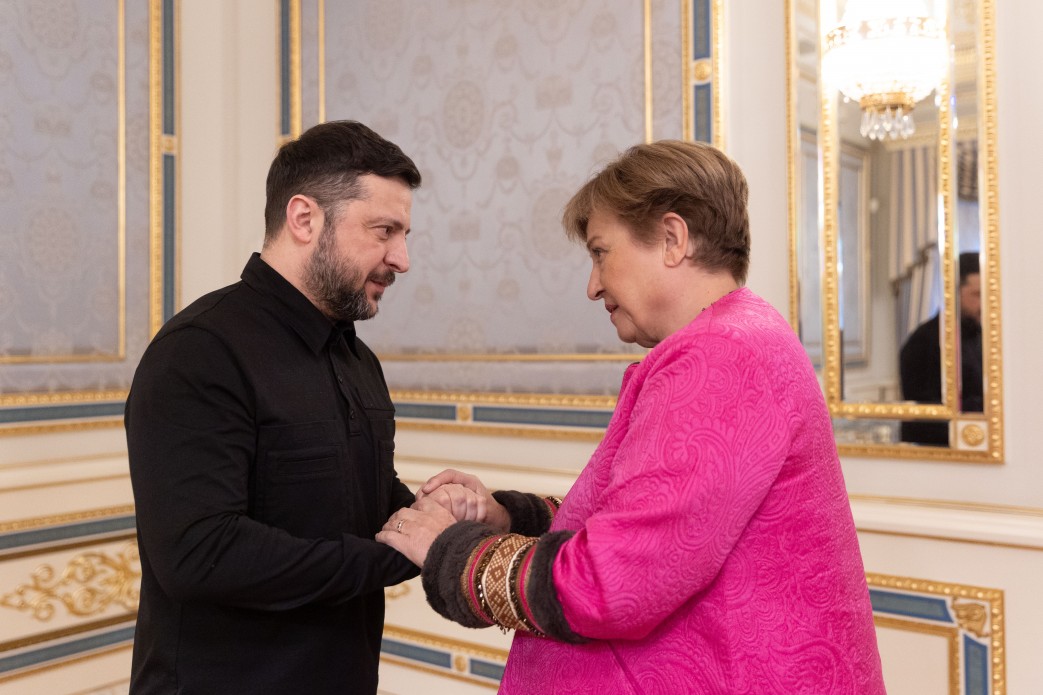The project's real goal, as evidenced by the secret service report, was not to "diversify" gas supplies to Bulgaria but solely to benefit the Russian Federation.
Photo: President Rumen Radev knew about the pipeline's inefficiency
Contrary to the law, the former authorities of Bulgaria approved the construction of the Russian Balkan Stream gas pipeline. However, the special services warned that it did not meet Sofia's economic interests and aimed only at reducing Russia's dependence on gas transit through Ukraine.
According to an investigation by the independent Bulgarian media Bird.bg in 2016, after Russia refused to implement the multibillion-dollar South Stream project, then-Bulgarian Prime Minister Boyko Borissov put forward the idea of ​​a Balkan Stream that would supply gas to Bulgaria and Serbia through Turkey, that is, bypassing Ukraine.
The following year, the Bulgarian intelligence service - the State National Security Agency - prepared a series of reports to the country's top leadership - President Rumen Radev, Prime Minister Borisov and the head of the National Assembly (Parliament) Tsveta Karayancheva, which cited the risks of the "gas transportation project at the Turkish Stream facility", under what the future "Balkan Stream" was meant to be.
The real goal of the project, as evidenced by the report of the intelligence service, was not to "diversify" gas supplies to Bulgaria, as the then prime minister said, but solely to benefit the Russian Federation, "perhaps by suspending the transfer of gas through Ukraine," if the project is completed on time.
Another December 2017 report says that even then, both Borisov and Radev knew that Bulgaria would not receive any gas due to the Balkan Stream. It said that the Russian "Gazprom" unilaterally changed the parameters of gas transportation through the territory of Bulgaria, and the entire volume will be transited through Bulgaria in the direction of Serbia, Greece and Macedonia since "the volume of the domestic market is not provided."
But the Bulgarian authorities, judging by public statements, did not react to this warning - on the contrary, they made efforts to ensure that the Balkan Stream was built on time, before December 2020. Borisov himself in June of the same year, publicly stated that gas would flow through the pipeline "from various sources - from the United States, Russia, Azerbaijan, Qatar, Saudi Arabia."
In addition, the issue of building a Russian gas pipeline was also discussed during Rumen Radev's meeting with Russian President Vladimir Putin in May 2018 in Sochi. After that, the Bulgarian parliament voted to allocate 2.8 billion lei to finance the Balkan Stream.
"The gas pipeline was financed entirely at the expense of the Bulgarian taxpayers, and a huge administrative resource was thrown at ensuring its timely implementation, including for its quick legalization. This rush to please the Kremlin is accompanied by hundreds of violations of Bulgarian legislation, described in a detailed report of the Council of Ministers inspection, created by order of the Petkov government," the investigation says.
In particular, new construction equipment purchased with EU funds for completely different purposes was sent to the gas pipeline construction. Now this case is handled by the European prosecutor's office. In addition, the military logistics units of the Bulgarian army were involved in the Balkan Stream's construction, which helped transport the pipe across the Vit River.
"At the same time, the real diversification of gas supplies through the interconnector with Greece, through which Azerbaijani gas was supposed to flow, was delayed by administrative tricks and procedures by the same government of GERB, which built the Southern, Turkish, Balkan, and in fact purely Russian, pipeline," investigators said.
Following the publication of the investigation, the Reformist Democratic Party of Bulgaria said it would ask parliament to set up a committee to investigate the actions of Borisov, Radev, and Karayancheva in building the pipeline.





















